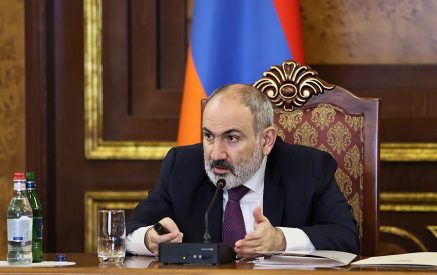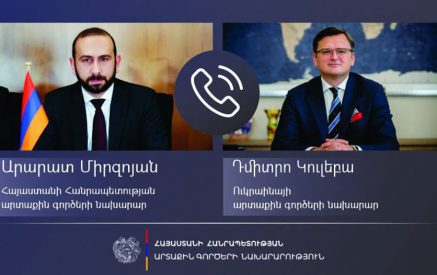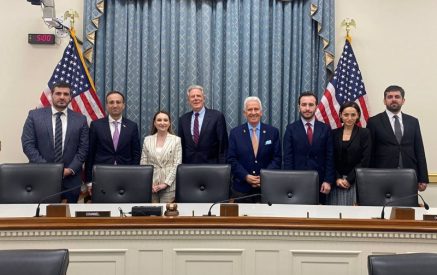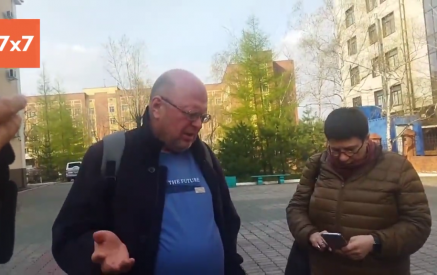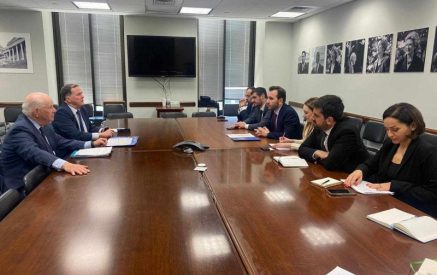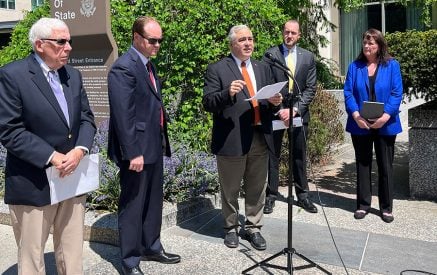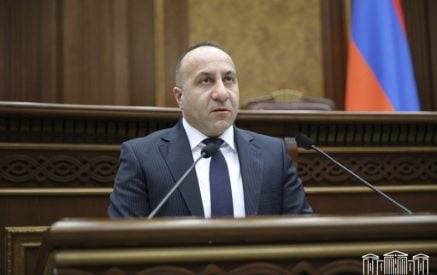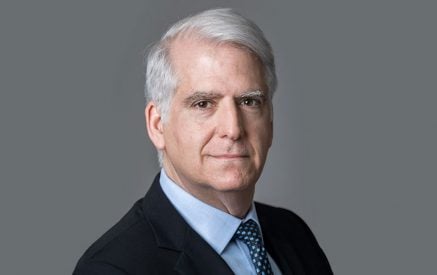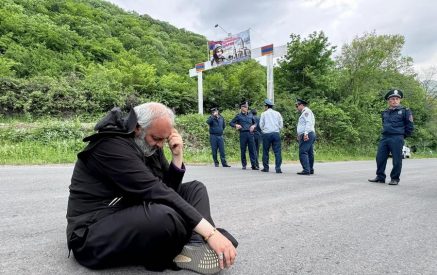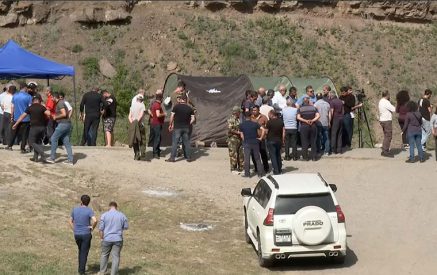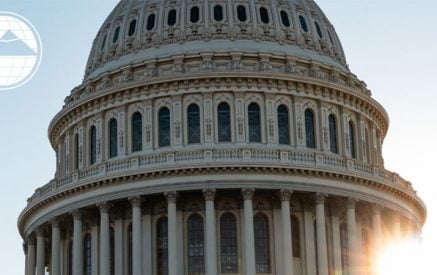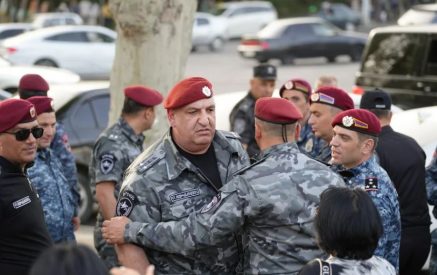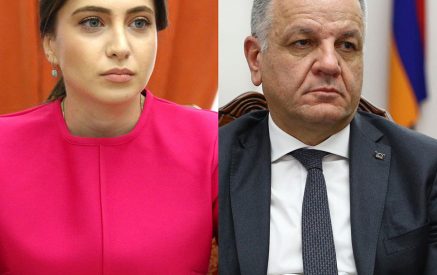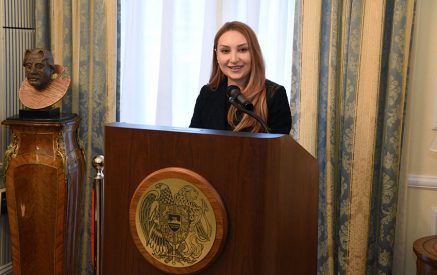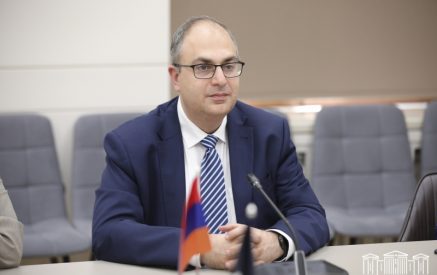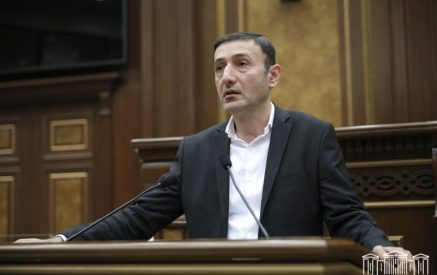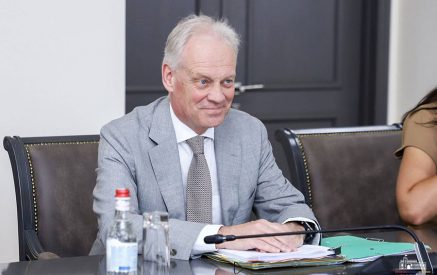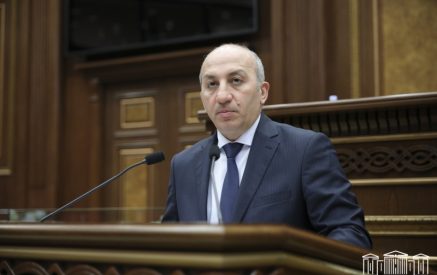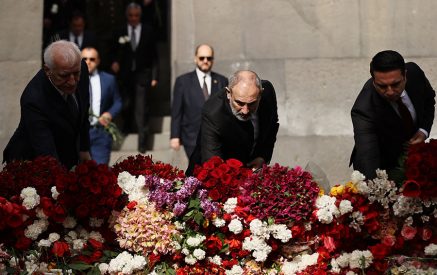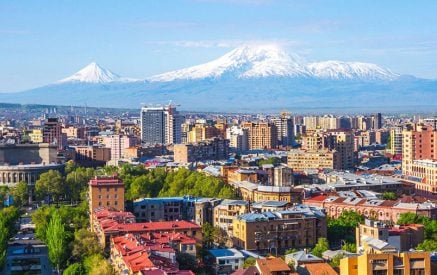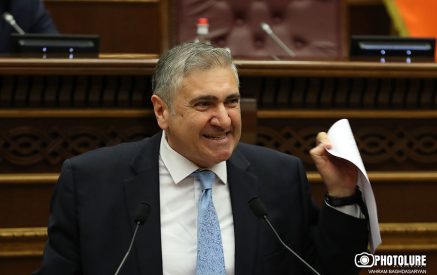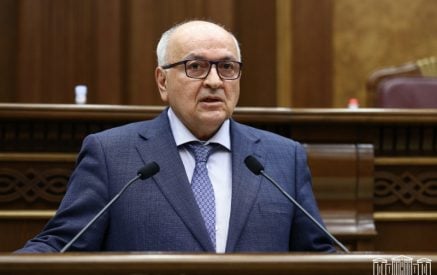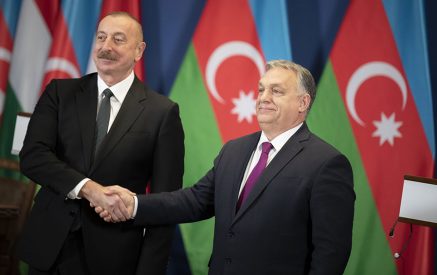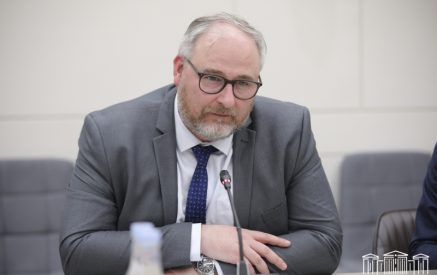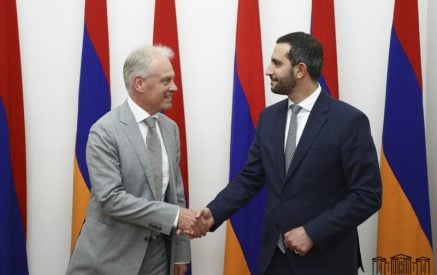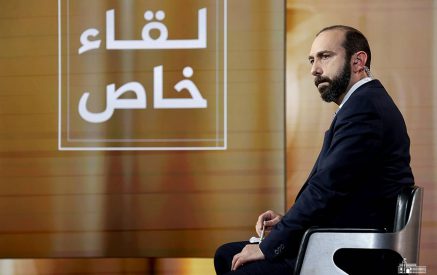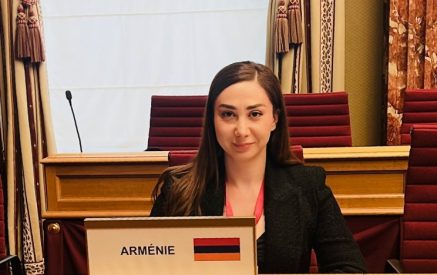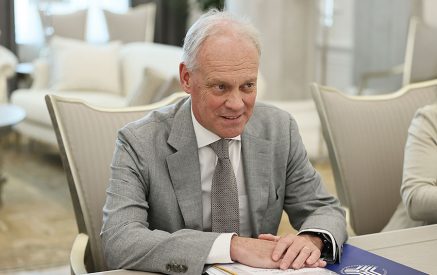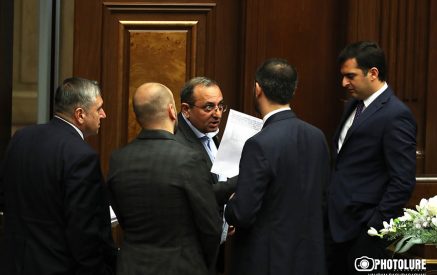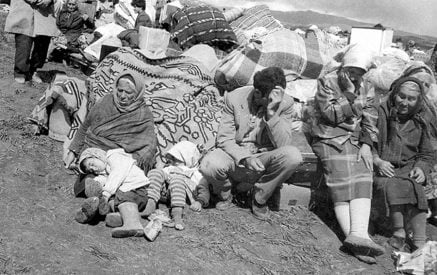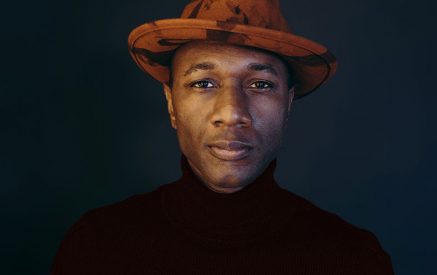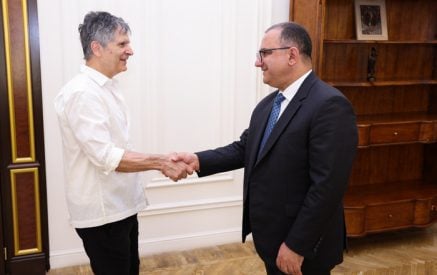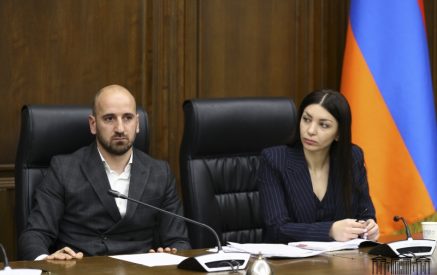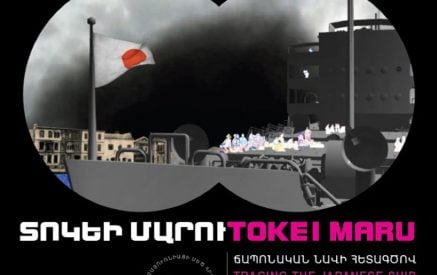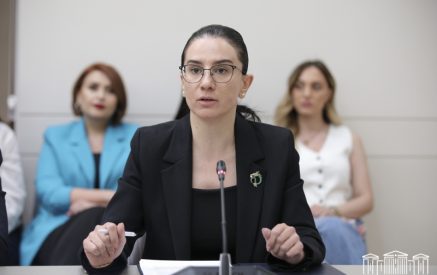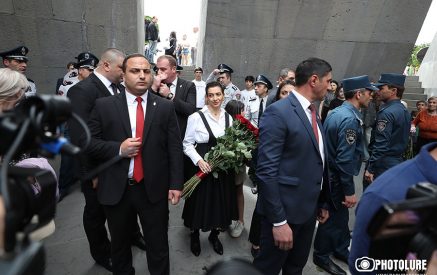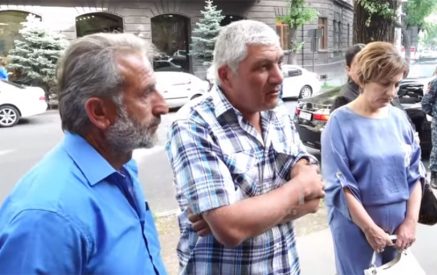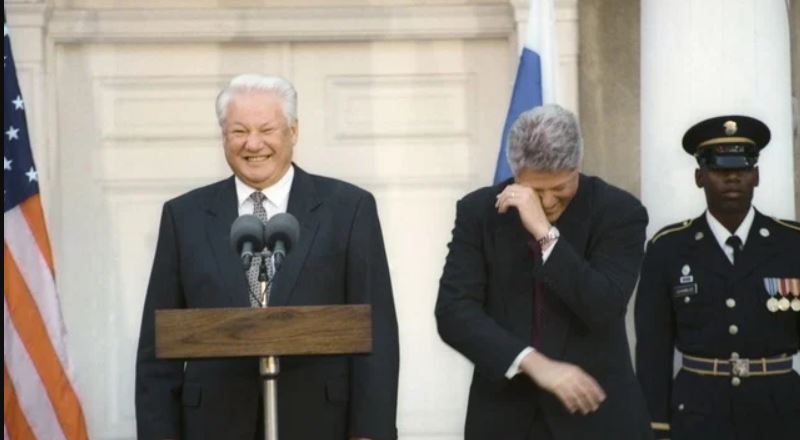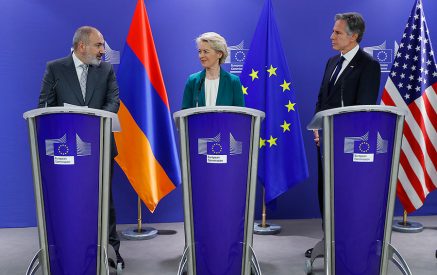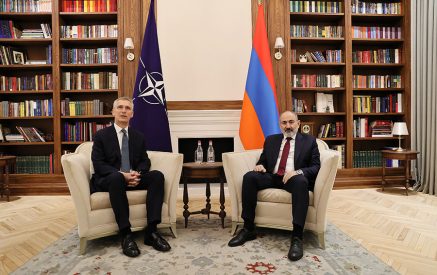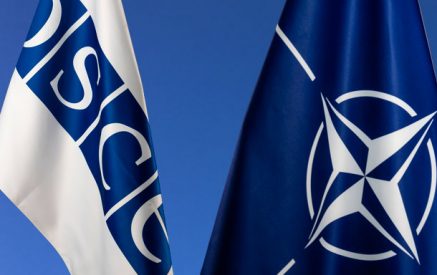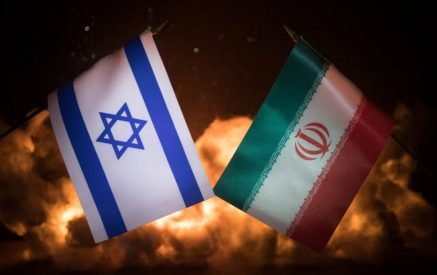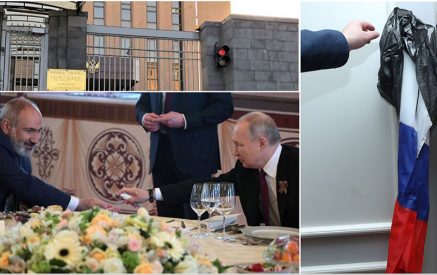What did Yeltsin expect from Putin and why did it not work out?
Recently, a friend of mine sent me an excerpt from a declassified conversation between former President of Russia Boris Yeltsin and former US President Bill Clinton. The conversation probably took place in the spring of 2000, when Yeltsin resigned and Putin was not yet elected president. Clinton asked the former Russian president about Yeltsin’s successor, and Yeltsin, in particular, says that Putin is a democrat, knows the West well, will continue his Yeltsin line in terms of democracy and economy, and expand Russia’s ties with other countries. In the last two decades, official Russian propaganda has created a very negative image of Yeltsin, a figure who constantly made concessions to the West and, so to speak, “brought Russia to its knees,” and here came Putin and “raised Russia from its knees.”
This is a propaganda stereotype that many Armenians are also influenced by. In fact, Yeltsin, with all his shortcomings, in my opinion, was a patriotic, devoted person to his country, and it is not that all his calculations were wrong. On the contrary, I think that Putin is bringing much more trouble to his country than the deprivations and difficulties caused by the policy of the first president of Russia. It is clear that Yeltsin should have said only good things about his successor to the US President. But it seems to me that in choosing his successor, he really hoped that Putin, in general, would continue his political line.
On what could such a calculation be based? The former KGB lieutenant colonel, who served in Germany and worked for Sobchak, must be very careful and accountable, aware of the geopolitical realities and understand that the new Russia can not live in isolation from the world (or that it is the same as having loyal allies only in the North Korea, Belarus, Eritrea, and half-ruined Syria). Russia is not the Soviet Union to be completely self-sufficient. But on the other hand, the isolation that was used against the USSR during the Cold War will not compare with the harsh pressure that the West is now exerting on modern Russia. Comparisons can only be made with sanctions against North Korea. By 2000, it was clear to Yeltsin that opposing globalization was pointless. And he thought it should be clear to Putin. In particular, the cooperation with the world giants, from Apple to Shell, has been built for years, decades. The consequences of the severance of these ties will be felt by the Russians in the coming months.
Read also
This is probably what Yeltsin meant when he asserted that Putin knew the West well. And in the early 2000s, Putin generally lived up to those predictions: he was much more restrained and cautious, and he did not go on adventures that endangered his country. But over time, that is likely to change. If we compare the Duma deputies elected in 1999 with today’s legislators, we will see that they are in many ways different anthropological types. Putin’s circle has changed significantly, and even those who held high positions then and now (for example, the same Sergei Naryshkin) have become afraid of independent thinkers.
Naturally, the Russian president himself has also changed. Why did it happen? It seems to me that the main problem is the uncontrollability of the government. If nothing balances the power of the head of state, if no one can hold their hand, it is very difficult to maintain a sober eye, it is difficult to develop “multi-step combinations.” In this case, the imperial “phantom pain” may be more powerful than calculating the specific consequences of specific steps.
Of course, public moods are also important. Ukraine does not exist for most Russians. It is an area that, due to some historical coincidence, is temporarily out of their control. Hence the misconception that the “Nazis,” the “Banderites” in power in Ukraine, from whom the Ukrainians want to get rid and reunite with Russia. But when the first head of state is guided by these mythical ideas, I repeat, it speaks of the uncontrollability of the government. Of course, strategic mistakes were made on the opposite side as well. In particular, it was not worth “putting two feet in one shoe” and putting pressure on Russia over NATO. The problem is that Russia, in turn, needs the United States, in particular, in economic competition with China (I think China will benefit from all this).
Russia and the United States will never be friends or allies, but in some respects those countries can complement each other. For example, the United States could not solve the problem of suppressing the “Islamic State” alone; Russia, having its own interests, contributed to it. Time will tell who was more accountable: those who provoked enmity between the two superpowers or those who sought the status of coexistence. Time, I think, already shows.
Aram ABRAHAMYAN

